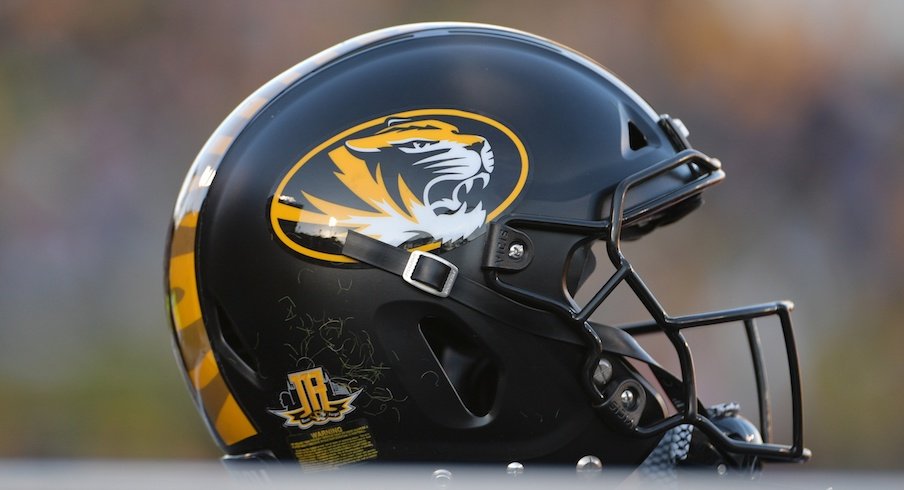Missouri won't be eligible for the postseason this year after the NCAA found that a tutor completed coursework for 12 student-athletes.
From an NCAA release:
Although the tutor said she felt pressure to ensure student-athletes passed courses, according to the committee’s report, the investigation did not support that her colleagues directed her to complete the student-athletes’ work.
In its decision, the committee stated, “Simply put, 12 student-athletes did not complete their own work.” It continued that the tutor engaged in the activity despite receiving extensive and comprehensive education on appropriate tutoring practices.
For most of the student-athletes, the tutor completed online coursework that included assignments, quizzes or exams. She completed an entire course for one student-athlete and completed portions of a placement exam for two student-athletes.
The NCAA found no evidence that the tutor was directed to do coursework for student-athletes, noted that she was properly trained not to perform coursework for student-athletes, and acknowledged that she was essentially a rogue actor in the case, yet still nuked Missouri with the following sanctions:
- Three years of probation.
- A 10-year show-cause order for the former tutor. During that period, any NCAA member school employing the tutor must restrict her from any athletically related duties.
- A 2018-19 academic year postseason ban for the baseball and softball programs.
- A 2019-20 academic year postseason ban for the football program.
- A vacation of records in which football, baseball and softball student-athletes competed while ineligible. The university must provide a written report containing the matches impacted to the NCAA media coordination and statistics staff within 45 days of the public decision release.
- A 5 percent reduction in the amount of scholarships in each of the football, baseball and softball programs during the 2019-20 academic year.
-
Recruiting restrictions for each of the football, baseball and softball programs during the 2019-20 academic year, including:
- A seven-week ban on unofficial visits.
- A 12.5 percent reduction in official visits.
- A seven-week ban on recruiting communications.
- A seven-week ban on all off-campus recruiting contacts and evaluations.
- A 12.5 percent reduction in recruiting-person or evaluation days.
- A disassociation of the tutor. Details of the disassociation can be found in the public report (self-imposed by the university).
- A fine of $5,000 plus 1 percent of each of the football, baseball and softball budgets.
Hilariously, it seems like the reason Missouri got hammered and North Carolina got nothing was that Missouri was cooperative and admitted to wrongdoing, while North Carolina stood by their fake classes as real classes.
In its report, the Committee on Infractions directly addresses the difference between Mizzou and UNC's cases, which is, essentially, Mizzou admitted to there being fraud and UNC did not. pic.twitter.com/QZfxIslGC5
— Stewart Mandel (@slmandel) January 31, 2019
Perhaps the biggest storyline to come out of this is Kelly Bryant's transfer. Bryant used the graduate transfer exception to transfer from Clemson to Missouri after he lost the starting spot to Trevor Lawrence this season.
If Kelly did not know about the infractions before making his transfer decision, there's a chance he could transfer from Missouri and be granted a hardship waiver for immediate eligibility elsewhere.
However, The State is reporting that Kelly will remain at Missouri despite the sanctions and is already going through offseason workouts with the team.
